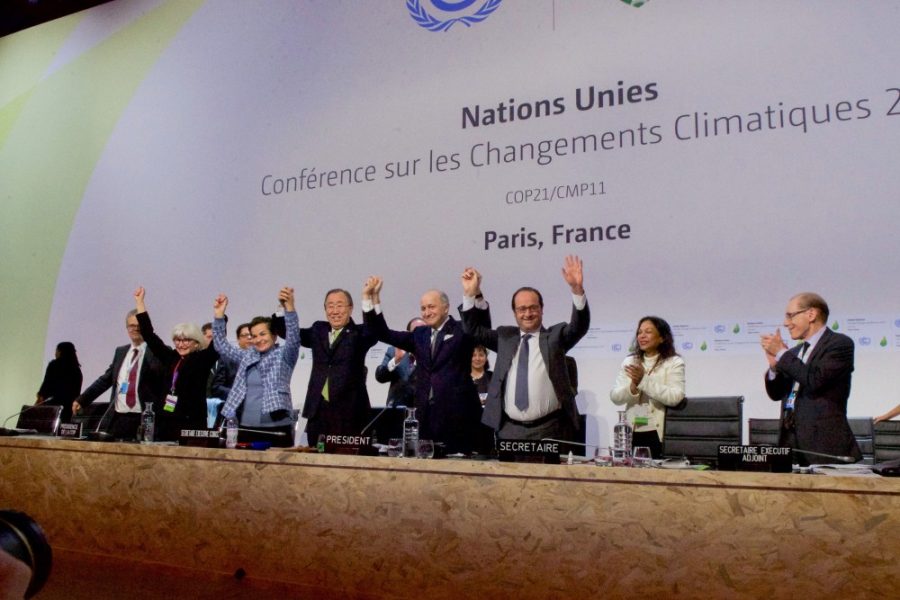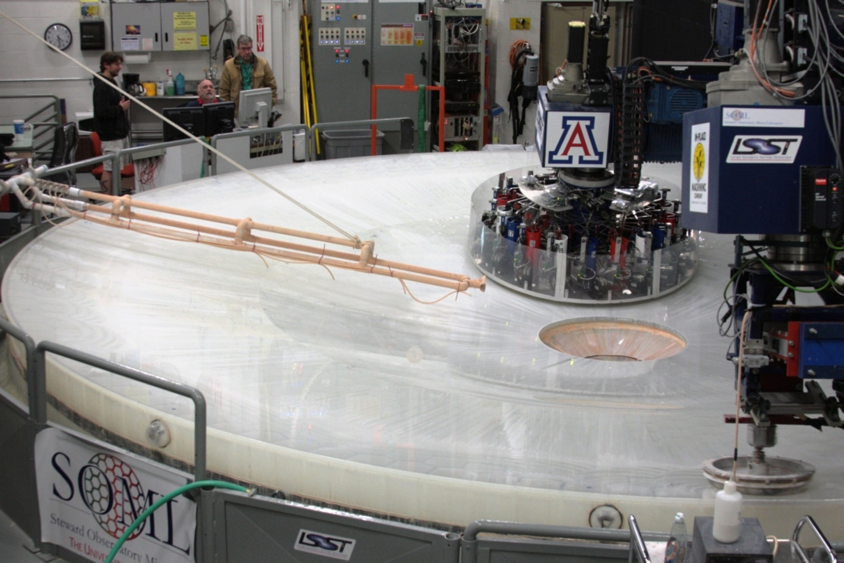Recently the world has seen a number of scientific breakthroughs, and some policy news as well; here are some of the highlights.
Paris Climate Agreement:
Hawaii signed legislation that aims to achieve some of the goals established by the Paris Climate Agreement, independent from the U.S. which is diverging as a whole. This came shortly after a trio of democrats — Washington Gov. Jay Inslee, New York Gov. Andrew Cuomo and California Gov. Jerry Brown — began the United States Climate Alliance on June 1.
Since then, around 10 more states have joined the coalition, including Republican-led Massachusetts and Vermont.
The goal of this new coalition is to reduce harmful emissions equivalent to what former U.S. President Obama had proposed in his Clean Power Plan, since President Trump recently promised to dismantle the legislation.
RELATED: UA researchers estimate impacts of extreme Tucson weather
How safe are our drugs?
The world around us is shifting and changing in many ways, and in the universe of science, the development of more powerful drugs has meant the birth of more resilient pathogens. In fact, the FDA banned 19 different chemicals from antibacterial soaps in September 2016, stating that the long-term effect they could have on increasing bacterial drug resistance outweighs the potential benefits.
The University of Pennsylvania Perelman School of Medicine recently developed a new way to determine the exact benefits and risks of introducing new drugs as well as those popular in the market.
The mechanism for the new study relies on measuring trends in outcomes for multiple populations exposed to the study drug at different rates. This new method will allow scientists using clinical trials to identify how drugs affect different groups of people at different levels of usage.
RELATED: Healthcare in the age of Trump: Your medicine and you
The Neural Photo Album
Technology has made it easier than ever to remember certain moments and events in our lives through pictures, videos and text. Our minds, on the other hand, are a little less precise than the computers we have available today.
However, sometimes the human brain recalls a random memory based on a trigger, such as a specific smell or sound.
Researchers in Japan are expanding knowledge of how the hippocampus region of the brain collects, stores and sorts information based on a collection of stimuli. The study was conducted with rats in a series of tests that combined odors and sounds to determine event sequences based on past, present and future stimuli.
The researchers observed how neurons fired when the rats were exposed to the stimuli to determine how the hippocampus stored and cataloged the information. The team now believes the hippocampus may aid in producing and storing memories by serving as a sort of organizer for events and locations.
Follow Malik Shelp on Twitter.









